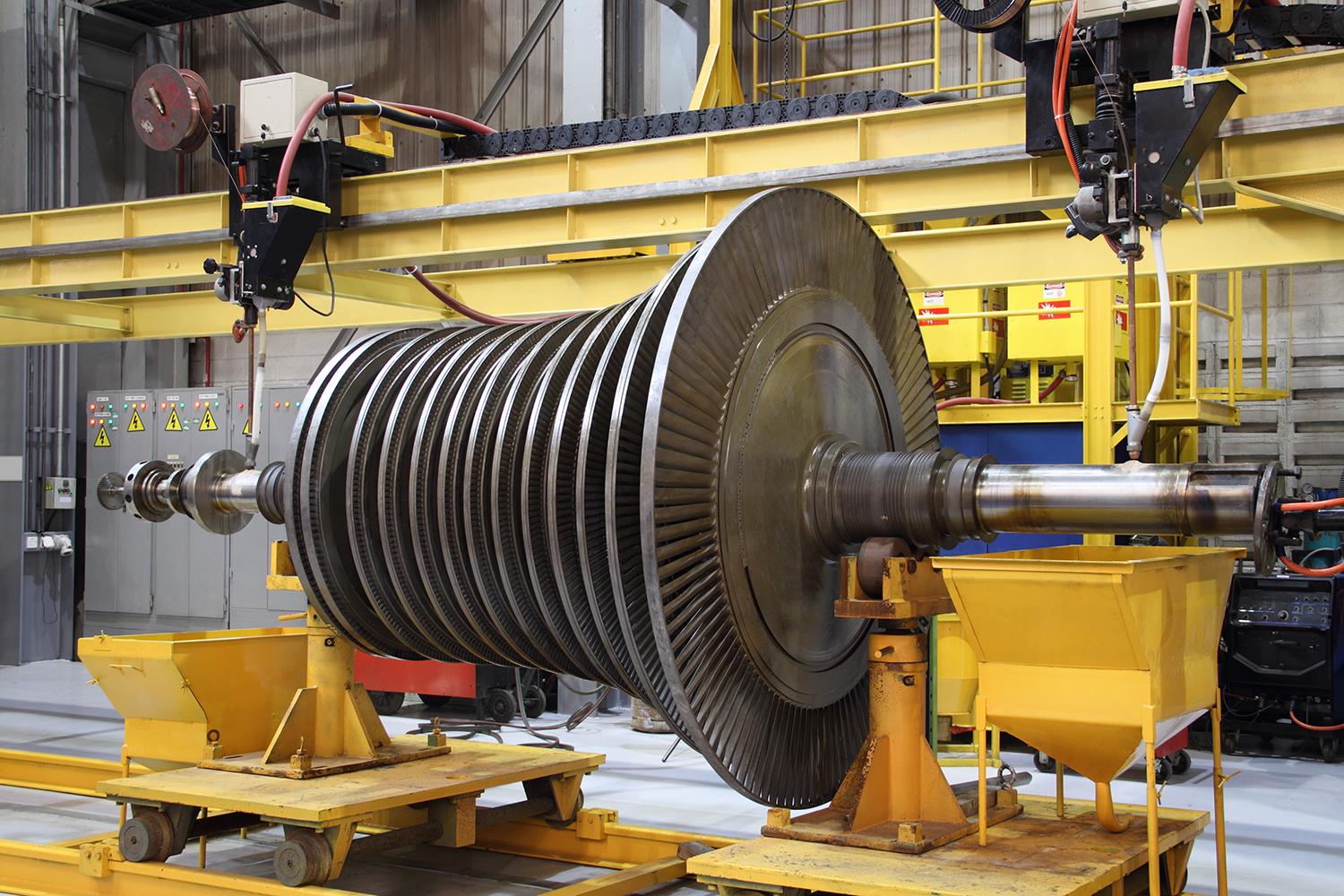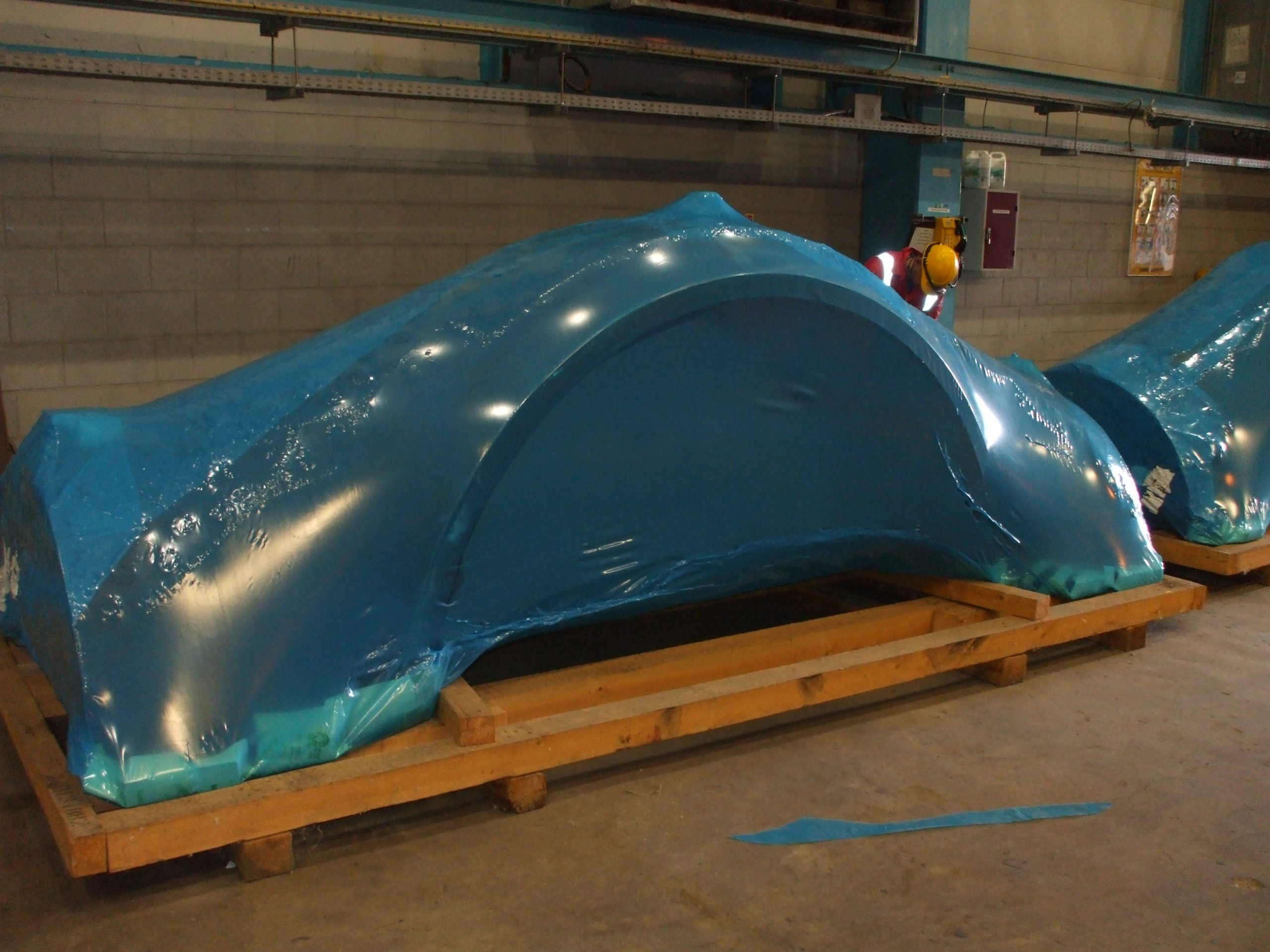From turbines to piping and valves, power plants utilize a number of industrial equipment and alloy-based components. Investments in advanced corrosion protection technologies are essential to help facilities maintain maximum efficiency and reliability.
By Steve Fennell
The U.S. Energy Information Administration (EIA) reported in early September that U.S. electricity generation is expected to grow by 2.3% through to the end of 2025 and an additional 3.0% in 2026, doubling the EIA’s forecasted average increase of 1.5 % each year.
With most types of rising demands, power plants — from thermal to renewable — are required to ensure steadfast operations, minimal maintenance downtime, and the utmost efficiency to meet required outputs.
Power plants utilize countless industrial equipment and alloy-based components. They range from turbines and auxiliary boilers to HRSGs, piping, flanges, valves, and more. Planning maintenance schedules for any type of industrial facility is routine (and essential) for seamless operations. The less maintenance and downtime, the better.
As power-producing facilities continually operate in high temperature, high-moisture environments with diverse pressure differentials, preventing corrosion on alloy-based systems and parts always presents a challenge. Even when systems are offline during maintenance, cool, damp boilers and other critical equipment are susceptible to rust and corrosion over time.

Equally as vulnerable are the replacement parts or systems stored in the same environment and may already be showing signs corrosion by the time they’re required. This can lead to downtime — or worse, prolonged outages.
According to a 2023 Vanson Bourne study as reported by AssetSense, “the average outage on an industrial-critical asset lasts four hours and costs $2 million. During these outages, 46% of respondents can’t deliver services to customers, 37% lose production time on a critical asset, and 29% are unable to service or support specific pieces of equipment.”
Extend Uptime
Vapor phase Corrosion Inhibitors — or VpCis — are designed to safeguard both internal and external metal surfaces for equipment and components in water-intensive environments. Many applications are available, and all offer a high-level of corrosion protection to avoid equipment malfunction and ensure parts are ready to use as required, thereby minimizing downtime and keeping operations on schedule.
VpCi technology is commonly applied in liquid, vapor, or liquid-vapor phases and condense evenly on alloys, forming a clear and protective shield from moisture, preventing rust and corrosion. It is also formulated to avoid the altering of metal properties and even block oxygen or other damaging elements.
More importantly, VpCi applications can effectively reach and coat all metal surfaces within a closed system, including hidden crevices, complex piping, valves and even specific areas above the waterline in boilers, where liquid-phase inhibitors cannot access.
Alternate VpCi Applications and Products
According to a report from the American Coatings Association (ACA), water-based VpCi coatings are also available and formulated to apply a thin film of corrosion protection. As a result, this offers end users cost savings since less materials and labor are required as well as environmental benefits since they use less VOC’s and toxicity.

Cortec Corporation — a global manufacturer of innovative, and environmentally responsible VpCi and MCI corrosion control technologies — is just one manufacturer to offer this solution as well additional corrosion protection properties.
Additionally, according to the company, one alternative for end users in industrial facilities is its VpCI®-126 HP UV Shrink Film, which incorporates high strength resins with UV light stabilizers and Vapor phase Corrosion Inhibitor (VpCI) technology. Its film construction can embody a variety of equipment or systems and provide corrosion protection for multiple metals. This makes it ideally suited to protect and shield critical equipment that’s in storage or transit for extensive periods.
Routine maintenance is integral in sustaining operations, yet it also demands strategic investments in technologies for long-term performance. Innovative corrosion protection solutions serve as a risk mitigation tool and ensure that power generation facilities operate at maximum efficiency and reliability.


